Home » Posts tagged 'Warsaw'
Tag Archives: Warsaw
Full Professorship for Tomasz Mróz
We are very glad to announce that Tomasz Mróz, the Head and Initiatior of the Ancient Φilosophy Reception research group at the University of Zielona Góra (Institute of Philosophy), was granted the title of the professor (or full professor, professor ordinarius), the highest academic rank in Poland, by the President of the Republic of Poland, Karol Nawrocki, in December 2025. The ceremony of presenting the nominations to the new professors took place in the Presidential Palace in Warsaw, official residence of the Polish head of the state, on January 7th, 2026.
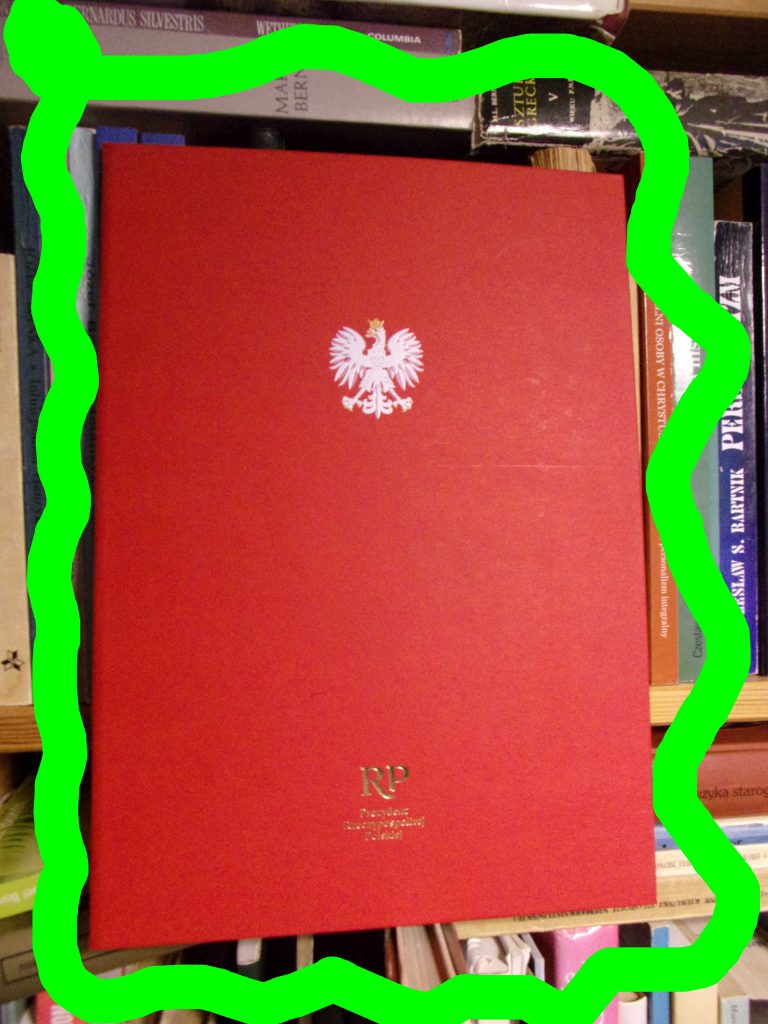
The whole procedure of obtaining the professorship took almost a year. All the necessary documents were submitted to the Council of Academic Excellence (CAE) in January 2025. CAE appointed five referees to assess quantity and quality of T. Mróz’s scholarly achievements and his entire academic curriculum. The referees were professors: Krzysztof Brzechczyn, Mikołaj Domaradzki, Janina Gajda-Krynicka, Jerzy Kojkoł and Andrzej Wawrzynowicz. After receiving five positive opinions, CAE, at a session in September 2025, unanimously passed a motion to the President to grant the professor title to T. Mróz.
Congratulations!
Stefan Pawlicki on Greek Concepts of Human Soul
On March 15th-16th 2025 the first conference of the Academic Club for Ancient Philosophy (Koło Naukowe Filozofii Starożytnej) at the University of Warsaw took place. This academic event was organised by young enthusiasts of ancient thought and gathered scholars from various Polish universitites, and students interested generally in the topic of body and soul or in the subjects of individual papers, the list of which can be found here.
AΦR, naturally, was present at the conference. Tomasz Mróz delivered a paper titled Stefan Pawlicki on the concepts of soul in Greek philosophy. Pawlicki (1839-1916) was once in his career a professor of philosophy in Warsaw, but Mróz’s paper was focused on mature period of his career, when he was a respected professor in Cracow and the author of History of Greek Philosophy. Volume I of this book appeared in print in 1890 (front page on the right) and was the first Polish handbook for ancient philosophy, while the volume III, meant to be devoted to Aristotle, was not finished by the author.
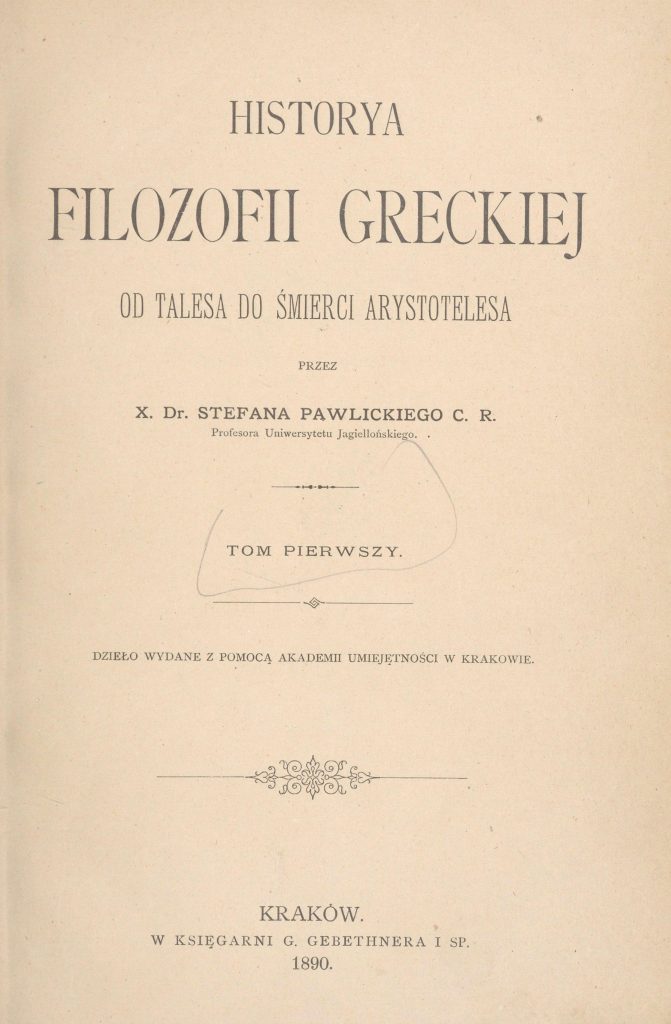
Pawlicki was an admirer of Plato, but instead of presenting well-known opinions of Pawlicki on Plato, Mróz discussed Pawlicki’s criticism of the pre-Socratic thinkers. Pawlicki was a historian of philosophy who aimed not only to provide the readers with an account of the ideas of Greek thinkers, but considered the needs of the Polish reading audiences and supplemented his discussion of the Greeks with assessments and evaluations presented from the Catholic standpoint.
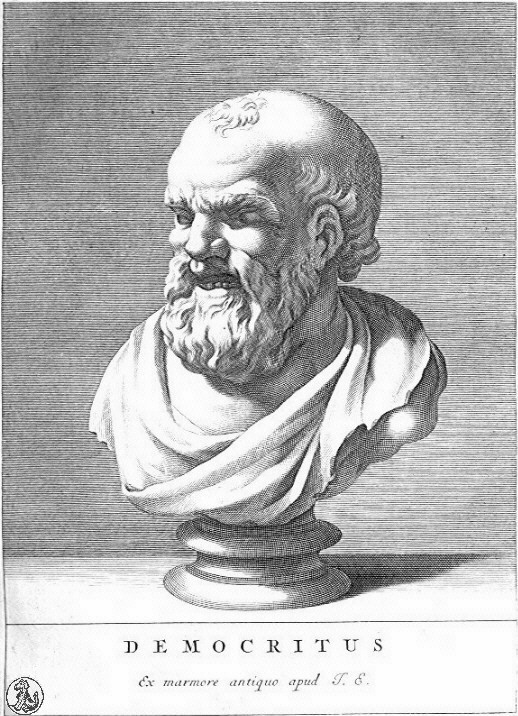
One of Pawlicki’s methods was to draw far reaching conclusions from the fragments of the pre-Socratic thinkers, especially materialist philosophers like Democritus, and then present them as unacceptable. For example, he stressed pantheist traces in Heraclitus and pessimism of Democritus, while at the same time he seemed to appreciate the concept of reincarnation and Pythagorean ethics, as encouraging human beings to improve themselves.
His arguments against most of the Greek concepts of human soul allow to structure them in order of perfection, starting with Aristotle (whom Pawlicki did not manage to present), followed by Plato and Socrates, with Pythagoreanism below, and ending with Heraclitus and Democritean materialism, which was – just like 19th century materialists – a constant subject of Pawlicki’s critical remarks.
Plato in Poland book available in OA
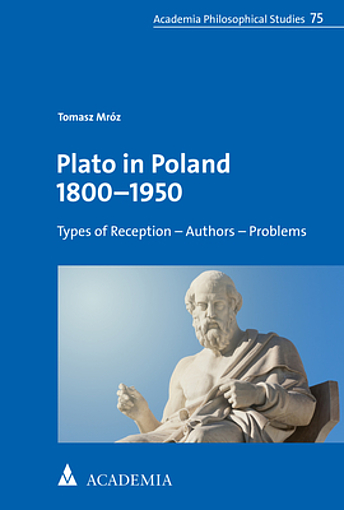
This post is only to announce that the book by T. Mróz, Plato in Poland 1800-1950. Types of Reception – Authors – Problems (Academia Verlag/Nomos Verlagsgesellschaft, Baden Baden 2021), as a result of the agreement with the publisher, is now available free in open access on the Nomos Verlag website here and in the repository of the University of Zielona Góra, here. Enjoy!
“Oral History and the Classics” Team in Warsaw
On May 22th, 2024, Oral History and the Classics project team was honoured to pay a visit to Doctor Barbara Brzuska, who kindly agreed to be interviewed in her apartment in Warsaw. Dr Brzuska is another Polish scholar who gave her consent to answer our questions. She is a specialist in Latin, Latin literature, and – most importantly for AΦR – has published numerous works on the history of reception of antiquity in modern times and on the history of teaching classical topics in the 19th and 20th centuries, researching a variety of phaenomena of classical receptions among writers, poets, and philosophers. Let us add that we have previously managed to interview two Polish specialists in ancient philosophy, namely prof. Bogdan Dembiński in February 2024 in Katowice and prof. Andrzej Wesoły in December 2023 in Poznań. These two meetings have already been announced here and here. All these Polish interviews, plus Czech and Italian ones, furnished with English subtitles, will be included in the Oral History and the Classics collection on the website of the University of Hradec Králové.
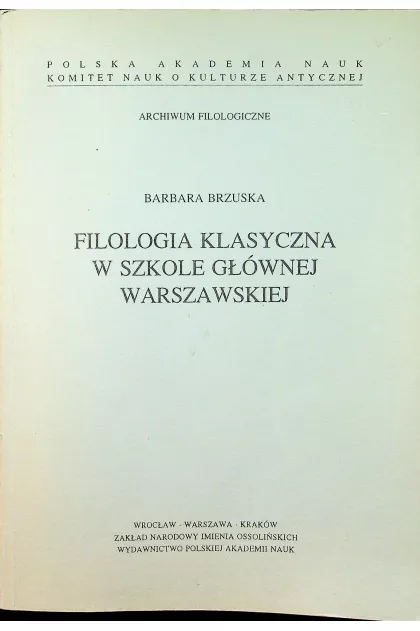
Dr B. Brzuska is now a retired lecturer of classical culture and instructor of Latin language. Her entire academic career was related to the University of Warsaw. One of her most important works was a study of the history of classical languages and culture in the Main School of Warsaw, a university that was working for a very limited time of a few years in Warsaw under Russian rule. This study, apart from a comprehensive investigation of its topic, offers much more to the readers, for it includes the background of the school and its later influences.
During the interview Dr Brzuska emphasised the role of popular works for wider audiences in instilling the interest in classics. It was also her case, for those were the books by Jan Parandowski (1895-1978) that attracted her to the classical world and subsequently inspired to learn classical languages. She recalled her memories of her university years and outstanding professors, with Kazimierz Kumaniecki (1905-1977) in the first place. Dr Brzuska, as a teacher of Latin with decades long experience, shared her views on the evolution of teaching methods and on the contemporary digital aids for learning, which can be of great help and a trap at the same time.
The interview was carried out by T. Mróz, while Jan Kadeřábek, a cinematographer and a cameraman, took care of all the technicalities. Both were very thankful for the casual and friendly atmosphere which was created by their kind and warm host and interviewee.
On the photo:
Dr B. Brzuska, T. Mróz and J. Kadeřábek
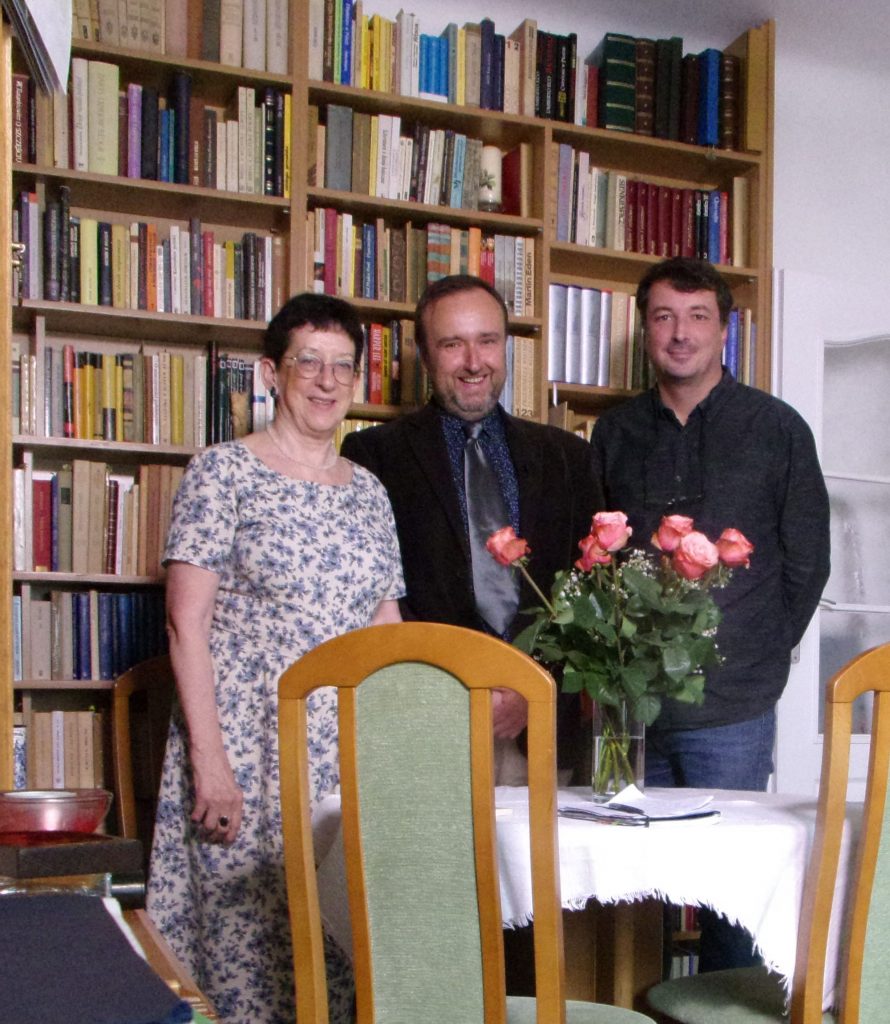
A Monograph Book on Stanisław Lisiecki (and his Plato)
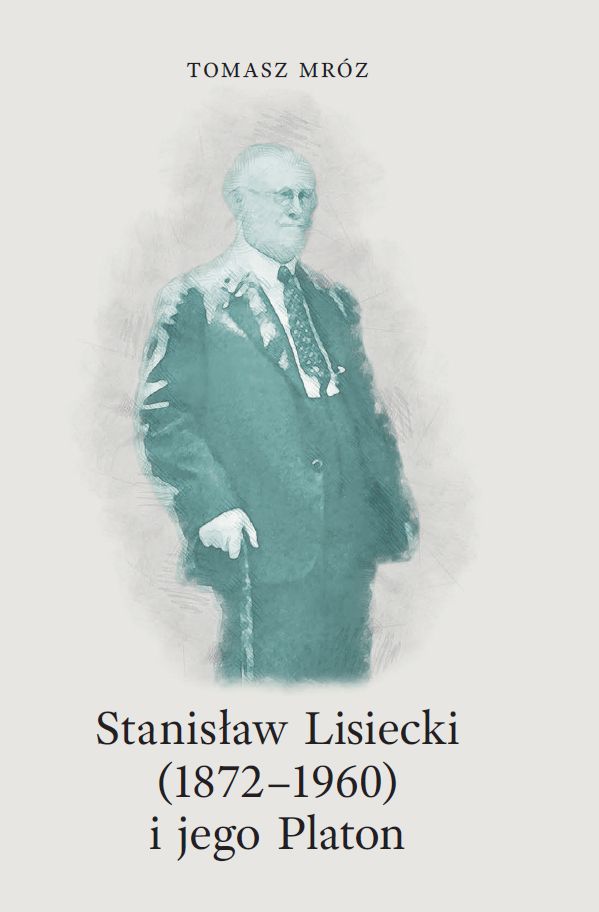
In a book series published by Marek Derewiecki a new volume has appeared. T. Mróz is the author and the title of the book is Stanisław Lisiecki (1872-1960) and His Plato (pp. 150). This book is a second one in the series and it complements volume one, which consisted mostly of unpublished materials produced by S. Lisiecki during his long and laborious life.
Apart from the foreword and concluding remarks, the book is divided into two main parts. The first part presents Lisiecki’s biography as fully as it has never been presented before. Numerous sources from the archival and manuscript collections from the libraries of Warsaw and Cracow were deployed to compose this chapter. Private, family materials were also used, including the photograph inside the book, an essential part of which was artistically remade to depict Lisiecki on the cover. His biography was divided into three chapters, which are separated from each other by two important facts in his life: leaving the clergy in 1921 and the outbreak of the World War II in 1939. The longest chapter is the middle one, between these two dates, because it was Lisiecki’s most productive period and it was possible to use numerous testimonies to document it.
Part two of the book discusses Lisiecki’s interpretation of Plato’s philosophy and its development. This part is divided into three parts as well. It presents Lisiecki’s views on the philosophical and spiritual evolution of Plato in three stages: Plato as a Socratic thinker, Plato in his mature works and Plato as an old sage. It was not possible to present Lisiecki’s views on all the important dialogues, for example on the Symposium or the Phaedrus, because his legacy is fragmentary and his comprehensive synthetic study on Plato had been destroyed during the war. Nevertheless, Plato in Lisiecki’s views is a half-religious thinker, an inspired poet and a visionary, whose creative personality was most fully expressed in his theory of the Good. The Good was sometimes identified by Lisiecki with God or with Providence and it transgressed dialectical formulation. Although Plato’s theory of reincarnation was assessed by Lisiecki as going too far, he found in it a consolation and an explanation of many phaenomena, for example, the inequality of talents among people.
Despite his admiration for Plato, Lisiecki did not avoid criticising him. Plato was for him a topical thinker and his dialogues – an intellectual challenge. We may say that Lisiecki, as many before him, was carried away by Plato’s enthusiasm, but he never lost sight of the deficiencies of Platonism.

This book is the final result of the research project on S. Lisiecki as a researcher of ancient Greek philosophy, sponsored by National Science Centre.
On W. Tatarkiewicz’s (Mis)fortunes
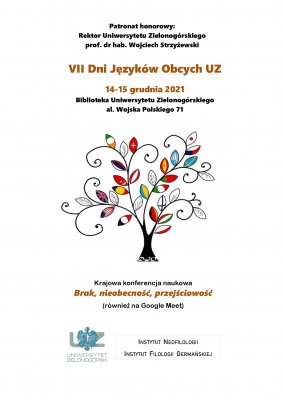
The Days of Foreign Languages took place again at the University of Zielona Góra, and it was their VIIth edition. Their general topic this year, that is, lack, absence, deficiency, violence, exclusion etc., did not come as a surprise in current circumstances.
Two members of AΦR group took part in this event. Mariam Sargsyan delivered a paper in Russian on various metaphors with which the notion of “consciousness” is described, but it was Adrian Habura whose presentation was devoted to the reception of ancient philosophy.
His paper discussed the problem of happiness and well-being in Władysław Tatarkiewicz’s (1886-1880) life and his autobiographical notes, esp. the chapter titled Beneficial misfortunes (Korzystne niepowodzenia). Habura confronted it with Tatarkiewicz’s treatise Analysis of Happiness and some other of his ethical writings. He attempted to demonstrate that Tatarkiewicz, almost like a Homeric hero, many times in his life turned his misfortunes into success, and how Aristotle’s philosophy and Tatarkiewicz’s own research on Aristotle – from his Ph.D. thesis in Marburg to mature works in Warsaw – helped him develop his attitude to the problems of human life in general, and how his theory of happiness was rooted in Greek philosophy, above all in Aristotle.
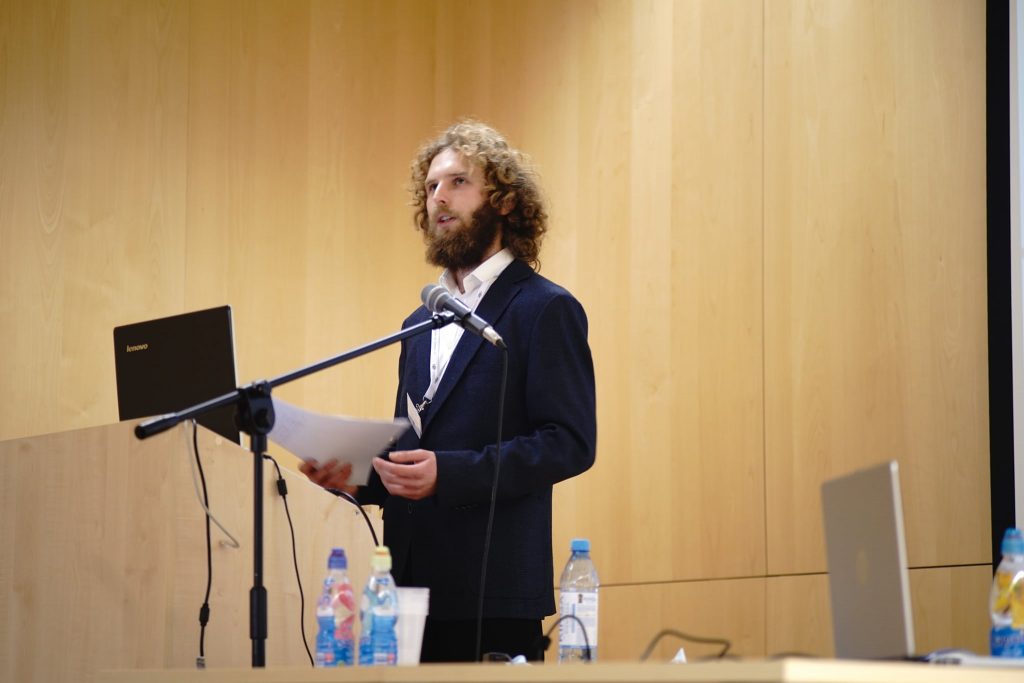

Recent commentaries